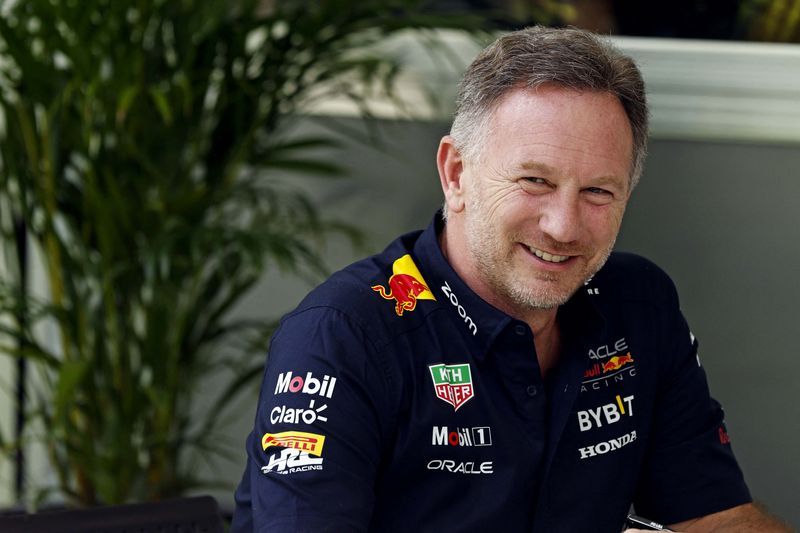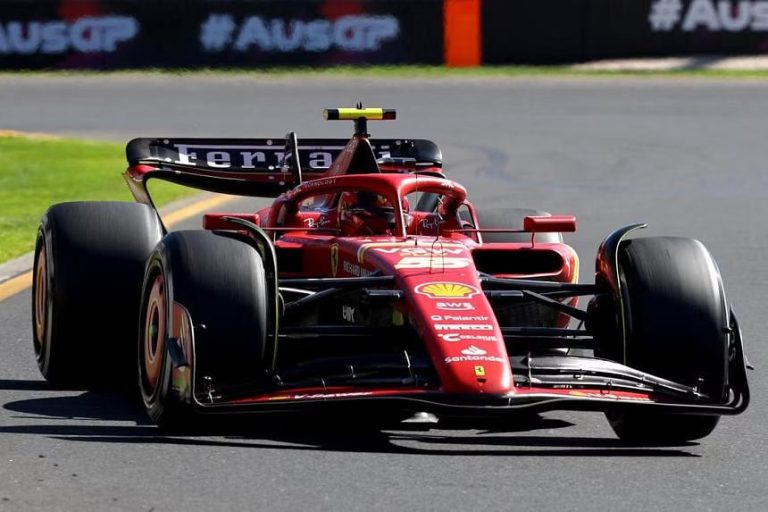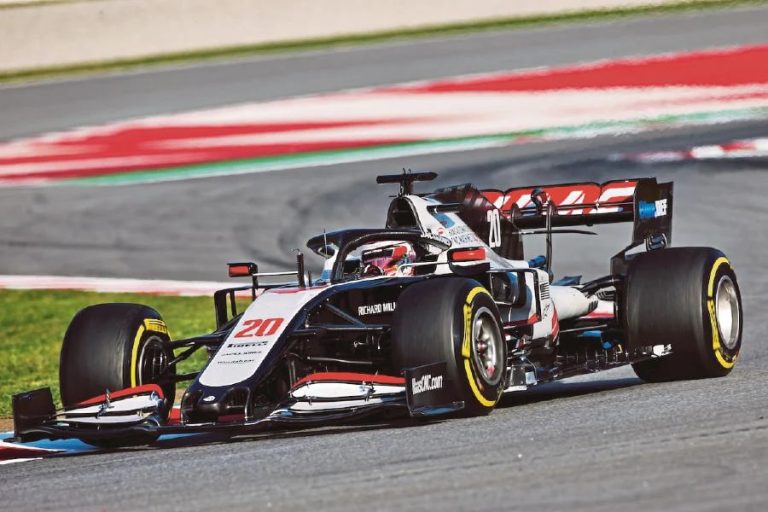Red Bull’s Talent Acquisition Strategy and the Dynamics of Formula One Staff Movement
In the high-stakes world of Formula One, talent acquisition and team dynamics play a pivotal role in shaping the competitive landscape. Red Bull Racing Team Principal Christian Horner recently addressed speculation surrounding staff movements within the team, asserting that Red Bull has successfully recruited 220 personnel from rival team Mercedes. This revelation comes amidst reports of internal unrest within Red Bull, fueled in part by allegations of misconduct against Horner, as well as the impending departure of star designer Adrian Newey.
The Formula One fraternity has been abuzz with rumors and speculations following news of Adrian Newey’s decision to depart from Red Bull Racing next year. McLaren CEO Zak Brown’s remarks during the Miami Grand Prix further fueled the narrative, suggesting a flurry of resumes circulating within the paddock and pointing to Newey’s departure as a significant catalyst for staff movement.
Meanwhile, Mercedes, Red Bull’s perennial rival on the track, has not been immune to the talent exodus. Team Principal Toto Wolff acknowledged the influx of Red Bull CVs across various levels of the Mercedes organization, indicating a competitive tussle for skilled personnel within the sport.
Horner’s response to these developments underscored the fluid nature of team dynamics in Formula One. He emphasized that staff movement between teams is not uncommon and highlighted Red Bull’s significant recruitment efforts, particularly from Mercedes’ High Performance Powertrains division. With 220 personnel transitioning to Red Bull Powertrains, Horner’s remarks sought to downplay concerns over staff departures and reaffirm Red Bull’s commitment to bolstering its technical capabilities.
Central to Red Bull’s strategic vision is the development of its own powertrain for the 2026 season, coinciding with a major overhaul of Formula One’s engine regulations. This ambitious undertaking necessitates a substantial expansion of Red Bull’s Milton Keynes facility, signaling the team’s long-term investment in engineering excellence and technological innovation.
Beyond the immediate implications for Red Bull and Mercedes, the ongoing staff movement reflects broader trends within Formula One, where talent retention and acquisition are integral to sustaining competitiveness. The allure of working for championship-winning teams, coupled with opportunities for professional growth and development, often drives personnel decisions within the paddock.
Moreover, the competitive landscape in Formula One extends beyond on-track performance to encompass technological prowess and engineering expertise. Red Bull’s strategic focus on building its powertrain capabilities positions the team as a formidable force in the upcoming era of Formula One regulations, where innovation and technological innovation will be paramount.
As Formula One continues to evolve, the dynamics of staff movement and talent acquisition will remain central to each team’s quest for success. Red Bull’s proactive approach to talent recruitment, exemplified by its strategic hires from Mercedes, reflects the team’s unwavering commitment to excellence and underscores the competitive intensity that defines the pinnacle of motorsport.







